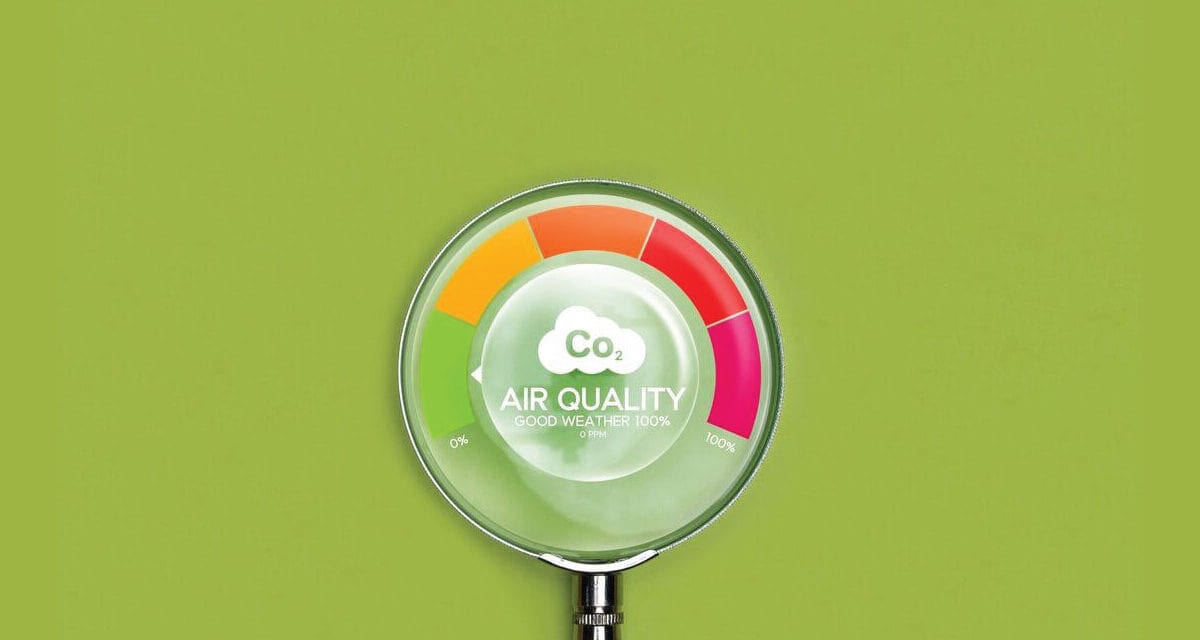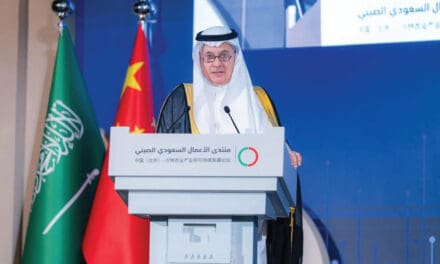A growing partnership between KAUST and the National Center for Environmental Compliance (NCEC) is reinforcing Saudi Arabia’s capabilities in air quality forecasting and environmental science, aligning with the Kingdom’s broader environmental goals.
Dr. Mohamed Abdelkader, NCEC’s lead air quality modeling expert, confirmed that the collaboration is focused on developing advanced forecasting systems, leveraging KAUST’s high-performance Shaheen III supercomputer to provide precise, nationwide air quality predictions.
The partnership also targets improved data security and communication infrastructure for air quality monitoring, especially in remote areas. NCEC currently operates 240 air quality stations and conducts extensive environmental impact assessments, forming a key pillar in national planning and public health strategy.
Speaking at KAUST’s Atmospheric Chemistry and Air Pollution (ACAP) conference, Abdelkader outlined the National Air Quality Management Program — a unified framework for monitoring, emergency response, and strategic planning. The event showcased NCEC’s leadership in environmental oversight and KAUST’s growing role in pioneering regional research.
Professor Chak Chan, KAUST’s Dean of Physical Science and Engineering, emphasized the urgency of air quality improvements to meet Vision 2030 targets. He noted that biomass burning and sulfur dioxide play a key role in atmospheric pollution, requiring robust scientific analysis to inform policy.
The collaboration also extends to biosciences, where researchers are investigating the cellular impact of prolonged pollutant exposure. Professor Imed Gallouzi of KAUST’s Smart Health Center highlighted efforts to understand how pollution drives gene expression changes and cellular stress.
With joint projects spanning air, water, and soil, both institutions view the partnership as a model of interdisciplinary innovation in environmental science — and critical to Saudi Arabia’s future sustainability efforts.






